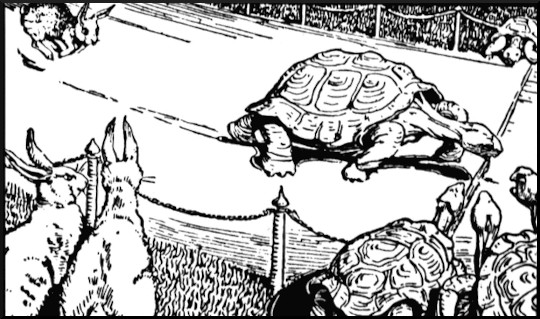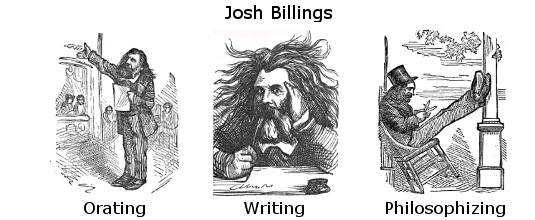Damon Runyon? Franklin P. Adams? Hugh E. Keough? George D. Prentice? Luke McLuke? Grantland Rice? Burns Mantle? Anonymous?
Question for Quote Investigator: A famous verse in the Bible instructs readers that the advantages enjoyed by an individual do not guarantee his or her success:1
I returned, and saw under the sun, that the race is not to the swift, nor the battle to the strong, neither yet bread to the wise, nor yet riches to men of understanding, nor yet favour to men of skill; but time and chance happeneth to them all.
A humorous reaction to this proverbial wisdom has become popular. Here are two versions:
1) The race is not always to the swift, nor the battle to the strong, but that is the way to bet.
2) It may be that the race is not always to the swift, but that is the best way to bet.
These words have been attributed to Damon Runyon, a newspaperman whose short stories inspired the Broadway musical “Guys and Dolls” and to Franklin P. Adams, an influential columnist who composed “The Conning Tower”. Would you please explore this topic?
Reply from Quote Investigator: The earliest close match for the expression found by QI appeared in the widely circulated magazine “Collier’s” in February 1919. Franklin P. Adams wrote the saying, but he did not take credit for the remark; instead, he ascribed the quip to a prominent sportswriter named Hugh E. Keough. Boldface has been added to excerpts:2
As Hugh Keough used to say: “The race is not always to the swift, nor the battle to the strong; but that is the way to bet.”
Damon Runyon also employed the saying, but he credited Keough. In addition, other well-known columnists such as drama critic Burns Mantle and sportswriter Grantland Rice ascribed a similar joke to Keough.
Yet, the situation was complicated because the jest has been evolving for more than one hundred and eighty years, and multiple versions have achieved wide distribution during this long period. A precursor that presented betting odds appeared in 1833 in “Blackwood’s Edinburgh Magazine”:3
Now we say that the race is—if not always—ninety-nine times in a hundred—to the swift, and the battle to the strong.
In July 1861 “The New York Ledger” printed a collection of sayings under the title “Wit and Wisdom”. The following instance used the phrase “ninety-nine times in a hundred”, and the quip structure was parallel to the modern version:4
To be sure the race is not always to the swift, nor the battle to the strong; but it is ninety-nine times in a hundred.
The newspaper article was prepared by George D. Prentice, and it was described as a mixture of original and reprinted material. On the same day, a matching saying was printed in “The Springfield Daily Republican”5 of Springfield, Massachusetts. The article was titled “Selected Miscellany”, and no author was listed. Perhaps Prentice reformulated a statement he had previously read or heard.
Special thanks to top researcher Barry Popik for his invaluable efforts on this topic that were recorded on his web page here.
Below are additional selected citations in chronological order.
Continue reading “Quote Origin: The Race Is Not Always to the Swift, Nor the Battle to the Strong; But That Is the Best Way to Bet”


